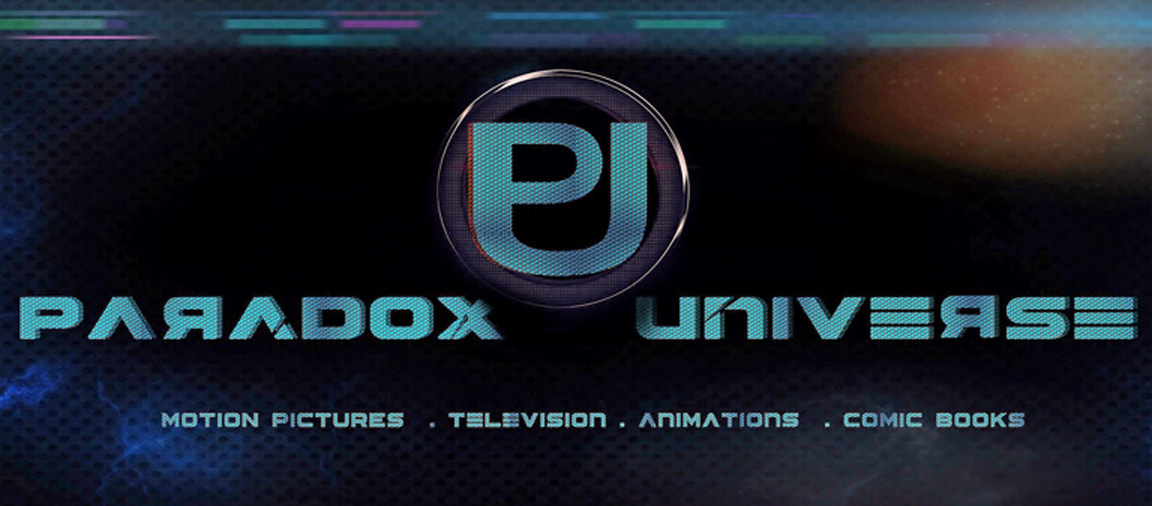STEALING SUNRISE
"Set in 1986, four criminals attempt to pull off a last series of heists before retiring to a beach town. With a sheriff hot on their trail and mutiny looming between them, will there be enough room and money for all"?
Features a very 80's soundtrack that puts you right there in the time.
Features a very 80's soundtrack that puts you right there in the time.
STREAM FREE
ROKU Free Channels:
STREAM
RENT-SUBSCRIPTION-PURCHASE
RENT-SUBSCRIPTION-PURCHASE
DVD
SOUNDTRACK
REVIEW:
"It’s just a plain old good film, with moments reaching into very good and excellent. I will mostly suspend my lack of inhibition at ‘spoiling’ the movie’s plotline because, to so many casual filmgoers, this kernel of knowledge is often a big factor in their attendance of said films, and I want to encourage viewers and cineastes to patronize Allen’s work. Especially parallaxed against the film’s microscopic budget, Allen’s talents and skills behind the camera were magnified even more.
The trio of Dallas, Lisa, and Harold scheme to meet Eddie, after his release, and pick him up on the highway, where Eddie and Dallas almost come to blows over Dallas’s pissing away of $15,000 worth of booty. Nonetheless, they come up with a plan to go the California cost to ‘watch sunrises’. Their plan entails finding a small town with suckers they can rob. The four characters are, in a sense, archetypes of a crime or heist film, and each acts their role- and all fit solidly together in a believable way.
The best of the four performances belongs to Rhett Crosby, who, in his role exudes the most range and brings to mind both the physical presence and acting intensity of Vincent D’Onofrio’s Private Pyle in Stanley Kubrick’s Full Metal Jacket, and Michael Shannon in both The Iceman and Werner Herzog’s My Son, My Son, What Have Ye Done?, as well as the memory of Lennie Small, from John Steinbeck’s Of Mice And Men.
The impressive thing about Stealing Sunrise’s screenplay, though, is that while Hitchcock reveals that his main villain is not the real villain about 20% of the way through Psycho, Allen daringly pulls off his heretofore unexpected (albeit slightly hinted at) switcheroo at about the 70% mark, and, unlike in Psycho, the net narrative result of the switch remains unresolved at film’s end (a good thing).
On the technical side, the film generally excels. As mentioned, director Allen shines with the faux 80s musical soundtrack, composed of nearly half of his own work, as well as that of other artists. The cinematography, by Allen and James Kelley, is well done- especially a musical montage segment that ends at the Grand Canyon a third of the way into the film. It is a more naturalistic looking film, with subtler compositions and framing, and not as flashy and impressive as the shots in the prior film. 1980s era paraphernalia include a cassette playing tape deck in Dallas’s sportscar, and their picking up Eddie as he walks under a bridge with a train under it (a motif oft used in 80s era films on ‘lostness’).
As mentioned, the lead actors all give good or better than good performances, with Rhett Crosby tasked to toting the biggest load, and succeeding, even as his character is humorously belittled throughout the film.
All in all, Jason Allen’s latest film shows huge improvement over his last film, and it’s about time some independent investor in films takes notice and sees financial, as well as artistic, reward in his future. As for viewers, enjoy this film and anticipate Allen’s next, and hopefully even better fourth film".
- Dan Schneider, Cosmoetica.com
Dan Schneider is an accomplished writer & film critic praised for his film critic work by Roger Ebert. His literature has been published by Cambridge Univ., Yale Univ., & New York Times.
"It’s just a plain old good film, with moments reaching into very good and excellent. I will mostly suspend my lack of inhibition at ‘spoiling’ the movie’s plotline because, to so many casual filmgoers, this kernel of knowledge is often a big factor in their attendance of said films, and I want to encourage viewers and cineastes to patronize Allen’s work. Especially parallaxed against the film’s microscopic budget, Allen’s talents and skills behind the camera were magnified even more.
The trio of Dallas, Lisa, and Harold scheme to meet Eddie, after his release, and pick him up on the highway, where Eddie and Dallas almost come to blows over Dallas’s pissing away of $15,000 worth of booty. Nonetheless, they come up with a plan to go the California cost to ‘watch sunrises’. Their plan entails finding a small town with suckers they can rob. The four characters are, in a sense, archetypes of a crime or heist film, and each acts their role- and all fit solidly together in a believable way.
The best of the four performances belongs to Rhett Crosby, who, in his role exudes the most range and brings to mind both the physical presence and acting intensity of Vincent D’Onofrio’s Private Pyle in Stanley Kubrick’s Full Metal Jacket, and Michael Shannon in both The Iceman and Werner Herzog’s My Son, My Son, What Have Ye Done?, as well as the memory of Lennie Small, from John Steinbeck’s Of Mice And Men.
The impressive thing about Stealing Sunrise’s screenplay, though, is that while Hitchcock reveals that his main villain is not the real villain about 20% of the way through Psycho, Allen daringly pulls off his heretofore unexpected (albeit slightly hinted at) switcheroo at about the 70% mark, and, unlike in Psycho, the net narrative result of the switch remains unresolved at film’s end (a good thing).
On the technical side, the film generally excels. As mentioned, director Allen shines with the faux 80s musical soundtrack, composed of nearly half of his own work, as well as that of other artists. The cinematography, by Allen and James Kelley, is well done- especially a musical montage segment that ends at the Grand Canyon a third of the way into the film. It is a more naturalistic looking film, with subtler compositions and framing, and not as flashy and impressive as the shots in the prior film. 1980s era paraphernalia include a cassette playing tape deck in Dallas’s sportscar, and their picking up Eddie as he walks under a bridge with a train under it (a motif oft used in 80s era films on ‘lostness’).
As mentioned, the lead actors all give good or better than good performances, with Rhett Crosby tasked to toting the biggest load, and succeeding, even as his character is humorously belittled throughout the film.
All in all, Jason Allen’s latest film shows huge improvement over his last film, and it’s about time some independent investor in films takes notice and sees financial, as well as artistic, reward in his future. As for viewers, enjoy this film and anticipate Allen’s next, and hopefully even better fourth film".
- Dan Schneider, Cosmoetica.com
Dan Schneider is an accomplished writer & film critic praised for his film critic work by Roger Ebert. His literature has been published by Cambridge Univ., Yale Univ., & New York Times.












